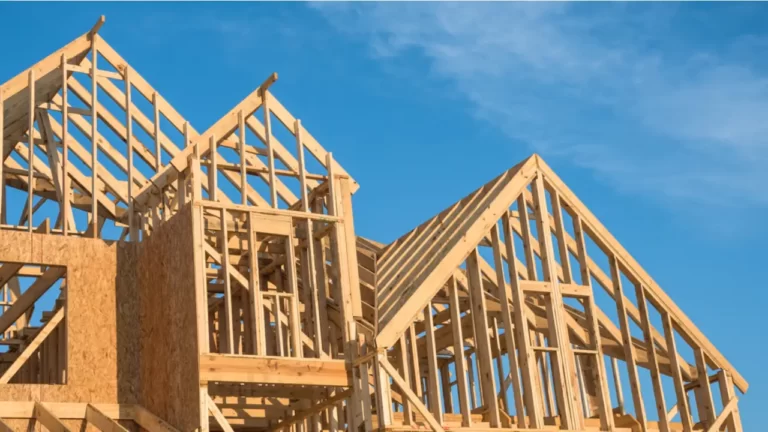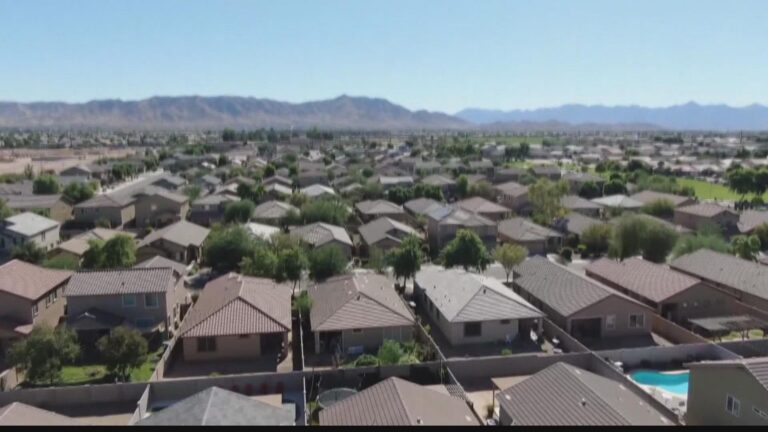A cash-out refinance can be a useful tool for homeowners looking to access the equity in their property. However, if you have bad credit, you may be concerned about your ability to qualify for a cash-out refinance. While having a low credit score can make it more difficult to obtain financing, there are still options available.
Here are some tips on how to do a cash-out refinance with bad credit:
- Improve your credit score: While this may not be an option for everyone, improving your credit score is the best way to increase your chances of qualifying for a cash-out refinance. Take steps to pay down debt, make on-time payments, and dispute any errors on your credit report.
- Shop around for lenders: Not all lenders have the same credit requirements for a cash-out refinance. Some lenders specialize in working with borrowers who have bad credit, so it is important to shop around and compare rates and terms from multiple lenders.
- Consider a co-signer: If you have a friend or family member with good credit, they may be willing to co-sign on your loan. This can help improve your chances of approval and may also result in a lower interest rate.
- Build up your equity: The more equity you have in your property, the more likely you are to qualify for a cash-out refinance. Consider making home improvements or paying down your mortgage to build up your equity.
- Be prepared to pay higher interest rates: If you have bad credit, you may be offered a higher interest rate than someone with good credit. Be prepared for this and consider whether the benefits of a cash-out refinance outweigh the potential costs.
- Provide a strong explanation of your situation: If you have bad credit due to extenuating circumstances, such as a job loss or medical emergency, be sure to provide a strong explanation to your lender. This can help them understand your situation and may increase your chances of approval.
- Consider a government-backed loan: If you are unable to qualify for a traditional cash-out refinance due to bad credit, you may want to consider a government-backed loan such as an FHA or VA loan. These loans have less stringent credit requirements and may be a good option for those with bad credit.
In conclusion, while having bad credit can make it more challenging to qualify for a cash-out refinance, it is not impossible. By taking steps to improve your credit score, shopping around for lenders, and considering alternative options such as government-backed loans, you can increase your chances of obtaining financing and accessing the equity in your property. As always, it is important to work with a reputable lender who can guide you through the process and help you make informed decisions.







